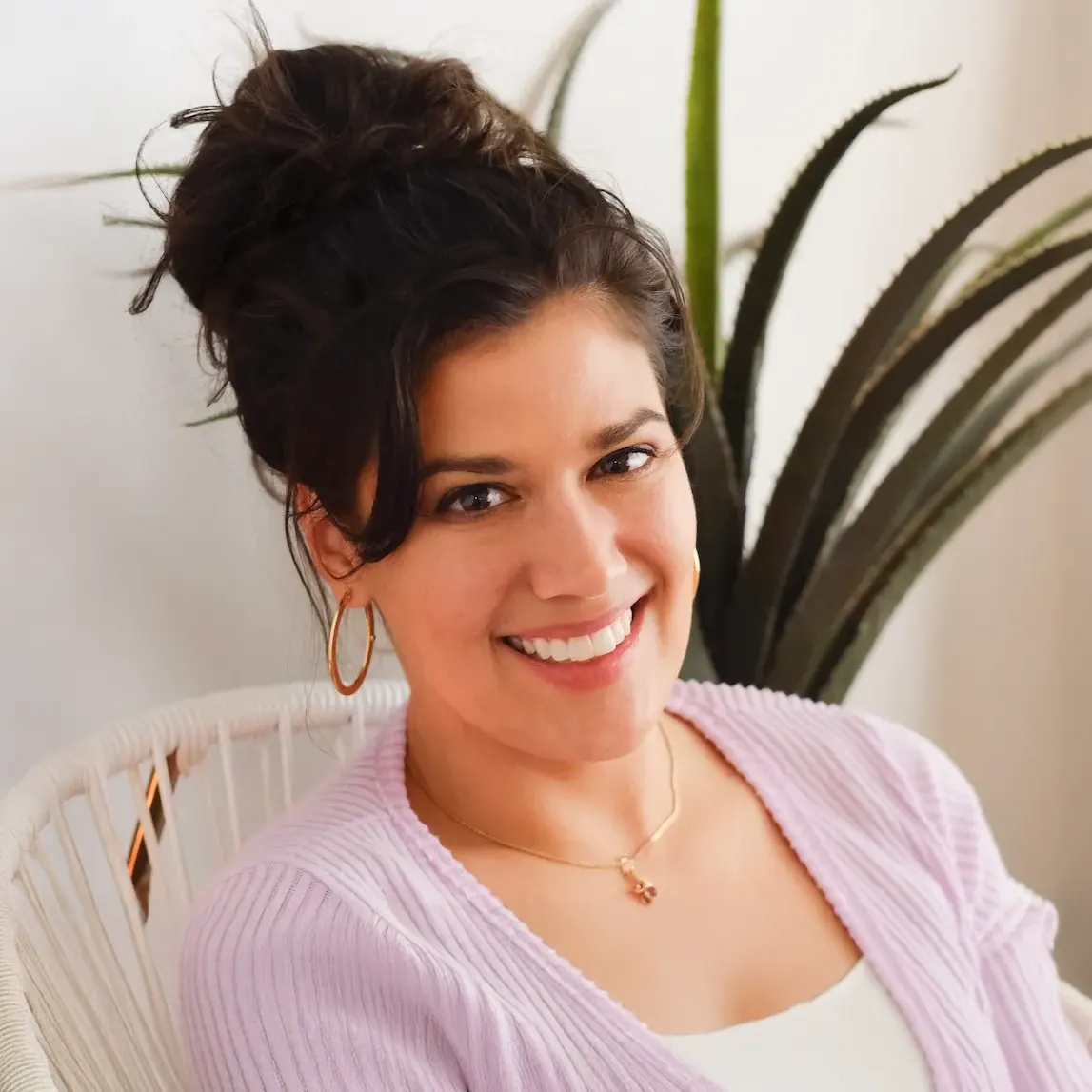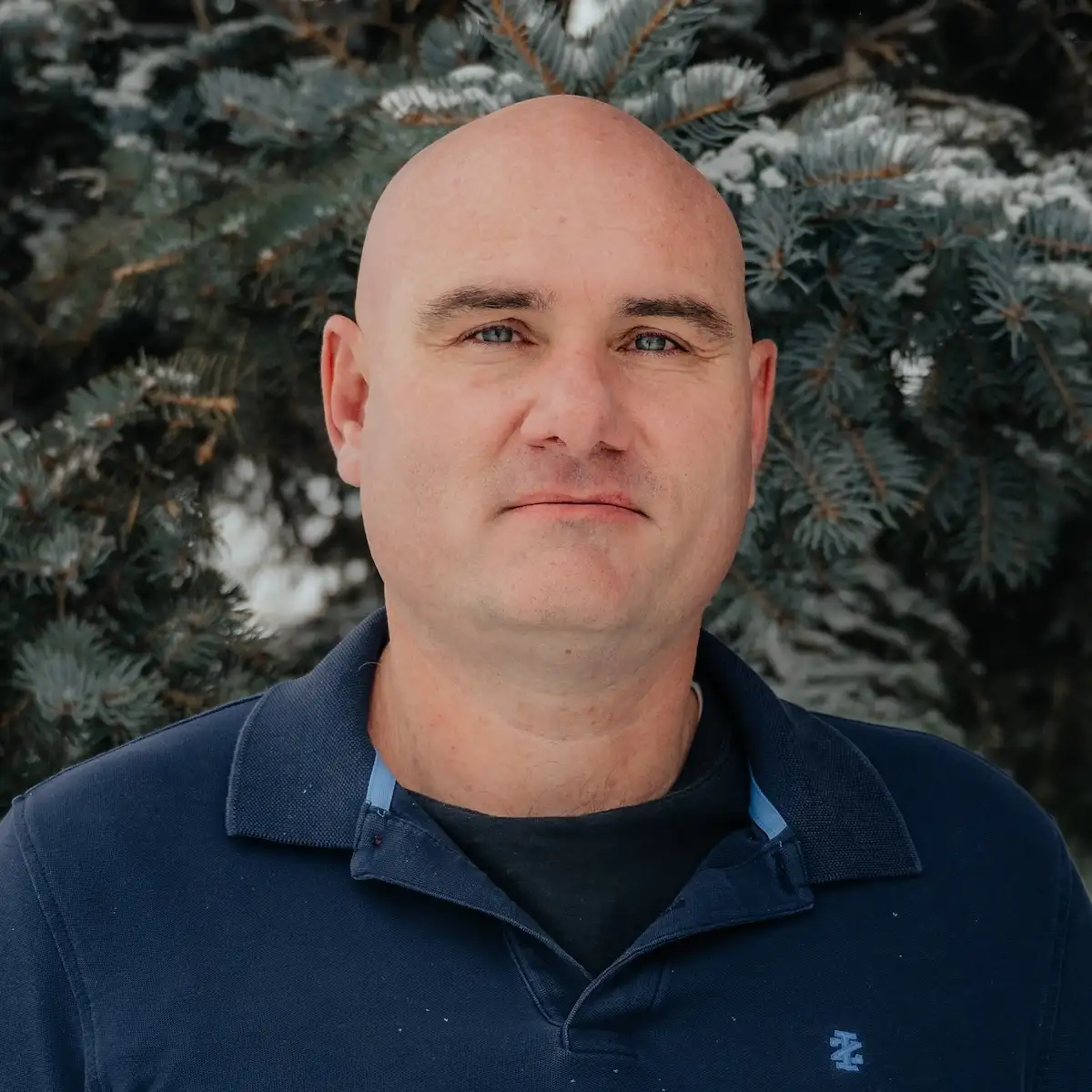Best Family Therapists and Counsellors in Toronto
Browse videos, and choose your best match based on availability, and most of all, fit.

Therapists
Jola Mecani

Jola Mecani
Liz Spaargaren
-Cropped%20Cropped.webp)
Liz Spaargaren
Virlyn Collantes

Virlyn Collantes
Alexandra Walcott

Alexandra Walcott
Eda Mucaj

Eda Mucaj
Candice Frederick
-Cropped.webp)
Candice Frederick
Abhilesh Thomas Kollamparampil

Abhilesh Thomas Kollamparampil
Rachel Bennett

Rachel Bennett
Wendy van Es

Wendy van Es
Michael Wassef
-Cropped.webp)
Michael Wassef
Rebekkah Stainton

Rebekkah Stainton
Katie Harry

Katie Harry
Mark Peterson

Mark Peterson
Sarah Lewis

Sarah Lewis
Nisha Thakkar

Nisha Thakkar
Mohamad Shabib

Mohamad Shabib
Alexa Harder

Alexa Harder
Jason Scriven

Jason Scriven
Michelle Mammoliti

Michelle Mammoliti
Maria Chaplick

Maria Chaplick
Jide (Paul) Oderinde
.webp)
Jide (Paul) Oderinde
Emma Cheuk

Emma Cheuk
Lea Konforte

Lea Konforte
Sofia Diaz

Sofia Diaz

Therapy is hard work.
Frequently asked therapy questions
There are dozens of professional titles used by therapists across the country. Therapist titles (like psychiatrist, psychologist, social worker, psychotherapist, counselling therapist) are regulated by law (in that case they’re licensed and overseen by a governing body called a college), or they are self-governed by their own associations (such as the British Columbia Association of Clinical Counsellors overseeing the designation of “Registered Clinical Counsellor” in British Columbia).
When professional titles are governed, it means they must meet certain education and training requirements by law and/or their associations. There are also specialties (music therapist, life coach) that, on their own, wouldn’t fall under these requirements. It’s useful to become familiar with the regulated therapist titles in your region to inform your choice of therapist.
There are four main types of therapists in Ontario that are regulated by law: psychiatrists, psychologists, psychotherapists and social workers. To see a psychiatrist, you typically need a doctor’s referral. The other three—and more—are available for booking on First Session.
Psychologists in Toronto will have a PhD-level education (psychology associates will have a master’s degree). They may focus on working in academia, or they might work in the field providing counselling therapy. Both psychiatrists and clinical psychologists are able to make mental health diagnoses (not all therapists can do this) and provide treatment.
Psychotherapists in Toronto are regulated by provincial law. Psychotherapy, counselling therapy and similar terms fall under the category of “talk therapy”—they will work with you on behavioural and emotional issues using both verbal and non-verbal communication techniques.
To register with the College of Registered Psychotherapists of Ontario (CRPO) as a fully Registered Psychotherapist (RP) in Ontario, practitioners must complete exams and a number of direct client and supervised hours. Until all of the RP requirements are complete, members of the CRPO can use the titles of Registered Psychotherapist (Qualifying) or RP (Qualifying). They may be available at a lower cost per session. If your insurance covers Registered Psychotherapists, in most cases an RP (Qualifying) will also be covered. See below for more information on therapy pricing.
It’s a common misconception that social workers in Toronto are only available in hospital or community settings. However, they are therapists; they can and do work in private practice as well—meaning you can book therapy sessions directly with a social worker, including on First Session. Registered Social Workers (RSW) will have at-minimum a master’s degree. The experience of working with a social worker for therapy will be very similar to other practitioners, like psychotherapists. In Ontario, Registered Social Workers can call themselves psychotherapists in certain contexts.
By comparison, a Registered Social Service Worker (RSSW) in Ontario will hold a social service worker diploma from a recognized college, and they tend to work delivering social programs and community services.
You can book therapy appointments on First Session with social workers, psychotherapists or psychologists in Toronto.
“How much does therapy cost?” is one of the first questions many ask when they’re considering seeing a therapist.
You can expect therapy to cost anywhere from $50 to $300+ per session. Costs are typically affected by the therapist’s level of education and specialization. For example, new counsellors or therapists may charge around $50 per session. Psychologists hold a PhD, so you expect them to charge closer to the $200 to $350 range. In some cases, psychologists will offer reduced cost counselling for as little as $150 per session.
If you’re in Toronto, the only therapy covered by provincial healthcare plans (OHIP) is a visit to a psychiatrist via a doctor’s referral, a family doctor who also provides psychotherapy services, or a therapist working in a medical or public health setting. The provincial government does, however, have a resources page available with a number of affordable and accessible mental health care options.
If you have therapy coverage by workplace insurance benefits your out-of-pocket costs can be significantly reduced. Typically, workplace benefits will allow for visits to a certain type of licensed therapist (psychologist, psychotherapist, social worker) and will cover a percentage of each session up to a maximum amount. Check your benefits booklet carefully to ensure you know the kind of therapist you’re looking for and how much you can spend. If you’re unsure about the information or how to file claims, get in touch with your provider.
There are also affordable and sliding scale therapy options offered by some (not all) therapists. Therapists might offer a certain number of sessions each month to those who are experiencing financial hardship. Always feel free to ask if there is availability.
Therapy appointments can take place in-person or virtually. You can request an appointment by directly contacting a therapist’s office, or you can easily inquire or book therapy online with First Session.
When you do in-person therapy in Toronto, you can expect to meet a therapist in a private office space, an office space shared with other practitioners, or in a home office. Online therapy in Toronto allows you to meet with therapists through your phone, computer, or tablet. Virtual appointments have been available before, but they’re more common today due to the COVID-19 pandemic. Your therapist may have a specific digital platform they prefer, you may talk with them on the phone, or you could connect via platforms like Zoom. Your therapist should be using an encrypted virtual platform that meets your provincial privacy requirements.
If you’re unsure whether or not a therapist is right for you, you can look for therapists who offer free phone therapy consultations in Toronto. This is not offered by all therapists, but if a consultation is available it can help you determine if you can work with a particular therapist and if you have a good initial rapport with them. It gives them a chance to explain their methods and specialties, too. First Session also features video interviews with all of our therapists to help you make your decision.
Finally, there are 24/7 free therapy hotlines like Telehealth. These are helpful if you’re in immediate need. You’ll likely speak with a Registered Nurse (RN) who can offer talk therapy over the phone, or direct you to additional resources. Phone calls are always confidential.
We know that most visitors to First Session are seeking anxiety therapy and depression therapy. These can be helpful if you know you are showing signs and symptoms of these conditions, but it’s okay if you’re not sure.
Try thinking about why you’re seeking therapy. Maybe you know you’ve experienced several obstacles in your life, so you might look for trauma therapy. Perhaps you’ve just experienced the loss of a loved one and therefore you might search for grief therapy. Most therapists have more than one specialization area and will be able to help you assess your needs in the initial consultation or first session.
Therapists who work with families will be skilled to help navigate through many mental health conditions and challenges. It may not be clear that there is an underlying mental health issue affecting one or more family members, and this might be uncovered in one or more sessions. Therapists may conduct some sessions with family members individually throughout treatment.
Some other popular specialization categories on First Session include:
Techniques and methods for treatment are known as modalities.
Some of the most commonly searched modalities fall into a category of ”talk therapy” like CBT (cognitive behaviour therapy) and DBT (dialectical behaviour therapy). There are also more body-focused therapies like somatic therapy or EMDR (eye movement desensitization and reprocessing).
Let’s dive into those four modalities.
CBT therapy is a popular category of talk therapy and you’ll likely see many therapists list it as a modality on First Session. CBT is about our thought, emotion and behaviour connections. During CBT, a therapist will help people through cycles of distorted thinking, and they’ll help reveal how our thoughts affect our emotional wellbeing and our behaviours. CBT typically occurs over a set number of appointments, often involving some journaling or “homework” between sessions.
There are also therapists who offer DBT therapy, a subset of CBT. The D in DBT stands for “dialectical,” which means two opposing things exist at once—I’m struggling and I’m working on getting better. DBT draws people away from all-or-nothing thinking that can prompt intense negative emotional responses. DBT is often used for people who are engaging in self destructive behaviour, and treatment often has a group therapy component.
Therapists who offer somatic therapy help people recognize how stress, trauma or other mental health challenges are affecting them physically, then how to learn to calm the nervous system for greater mental wellbeing. We all have a natural fight, flight, or freeze response. The problem is that sometimes, under prolonged cycles of stress, we can get stuck in these phases. That means our bodies stay in a state of stress response when there is no actual danger present, and this can eventually lead to real psychological and physical ailments.
EMDR therapy is one form of somatic therapy. EMDR was originally developed to treat PTSD because it’s specifically used to help with symptoms—conscious or unconscious—associated with traumatic memories. Therapists will guide a person through recalling a memory while their eyes follow a pen or finger (or another object) in specific motions and movements. This method theoretically creates new neurological pathways in the brain to process memories in new ways.
Several types of therapy are effective for family issues, including Functional Family Therapy (FFT) for families with children exhibiting behavioral issues, Marriage/Couples Therapy, Strategic Family Therapy focusing on structural and behavioral changes, Structural Family Therapy examining inner relationships within the family, and Systemic Family Therapy considering the family's issues in various contexts.
Research studies have demonstrated the effectiveness of family therapy in treating a variety of mental and emotional conditions and health issues. It has shown significant improvements in family member relationships and conflict resolution, leading to better functioning at work or school.
When discussing difficult topics with your therapist, it's important to:
- Be aware of your anxiety and acknowledge the difficulty of the topic.
- Talk about it when you feel ready, without feeling pressured.
- Understand that your therapist is trained to handle such topics and will not judge you.
- Be direct and upfront, realizing the benefits of openness for your personal development and mental wellness.
The cost of family therapy in Canada varies, with counselors generally charging between $90-170 per session. This cost differs from psychologists, who might charge higher due to their ability to provide formal assessments and diagnoses. Prices vary based on several factors, including the therapist's qualifications and the therapy approach.
Use First Session to find the best therapist for you.